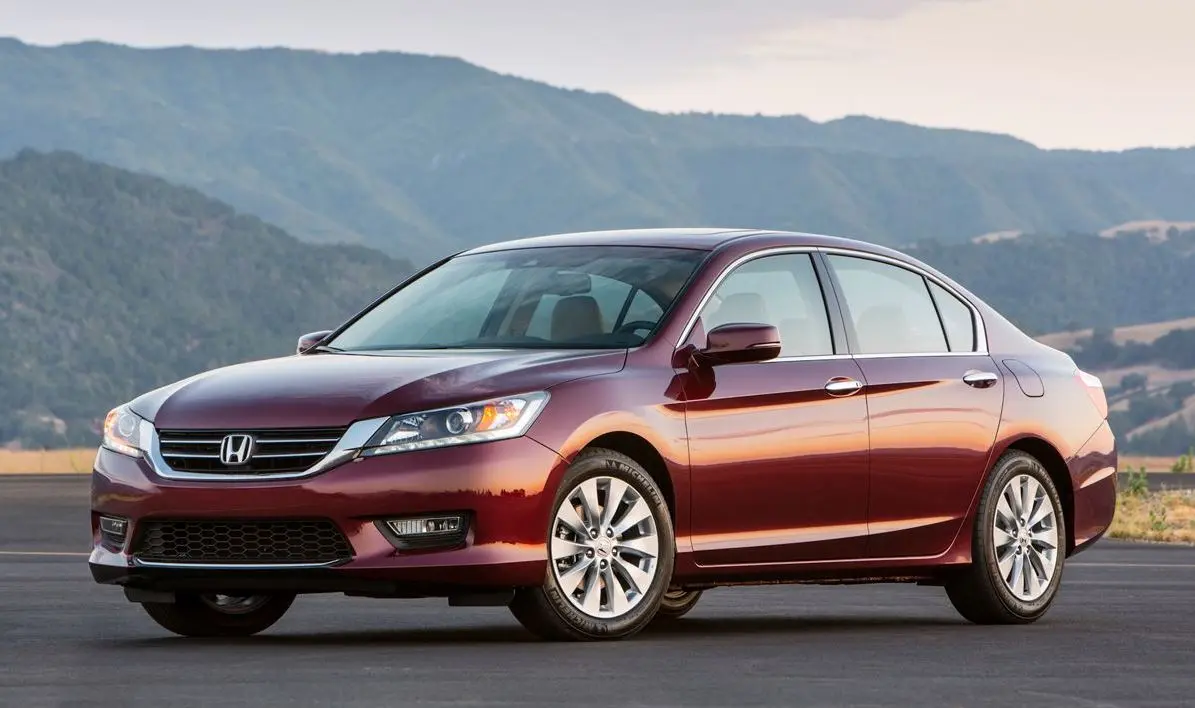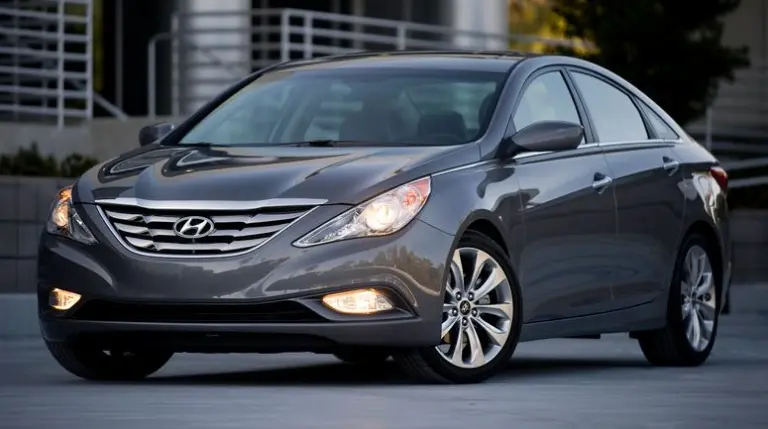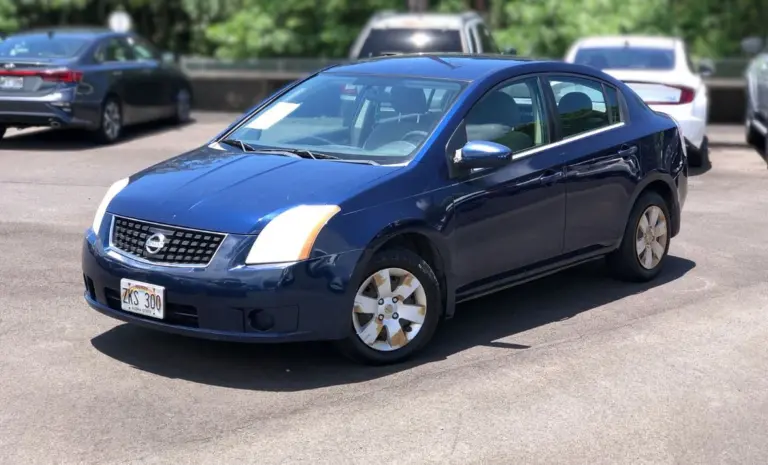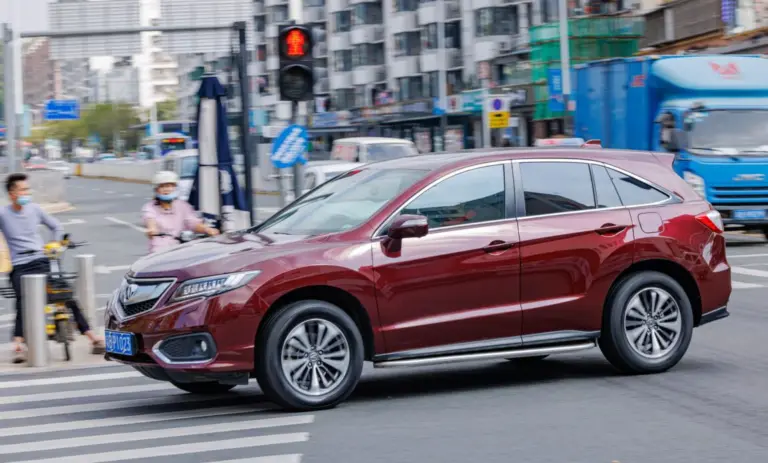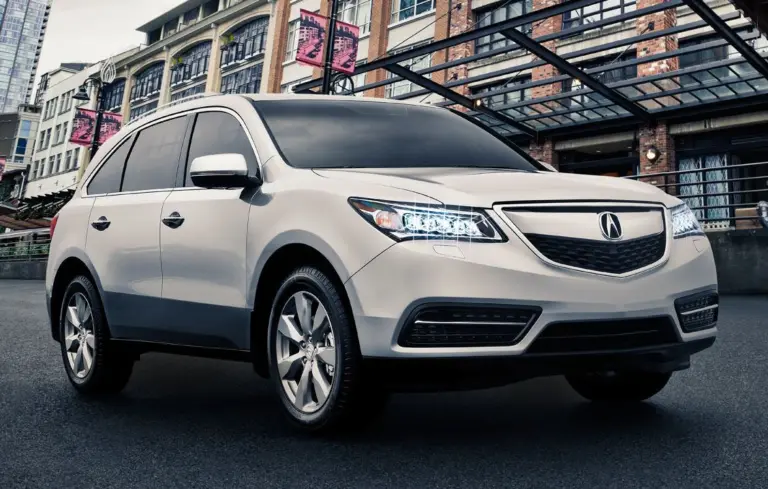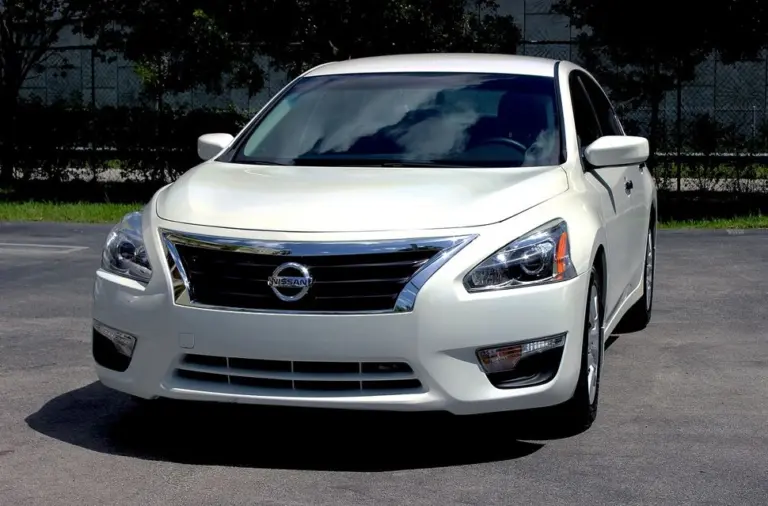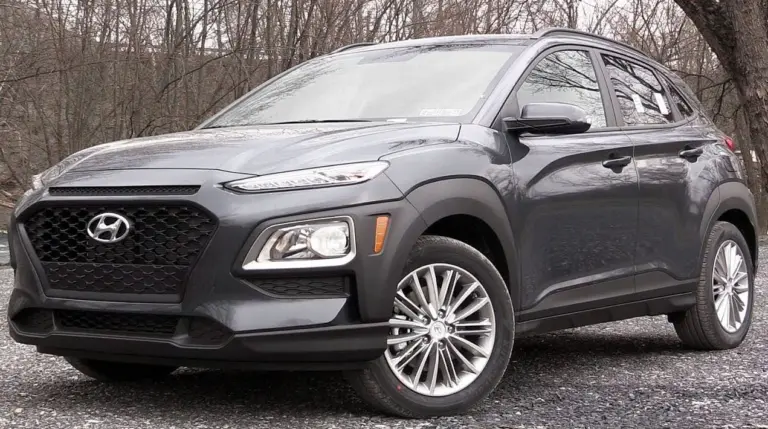Honda Accord Years to Avoid (Updated)
The Honda Accord has built a reputation for reliability, performance, and value over the decades. However, not all model years live up to this standard. Some Accords, despite their strong appeal, have faced recurring mechanical or safety issues, leaving owners frustrated.
If you’re considering buying a used Honda Accord, knowing which years to avoid can save you from unexpected repairs and costly maintenance. From transmission failures to excessive oil consumption, certain models have consistently raised concerns.
Common Issues in These Honda Accord Model Years
Not all Honda Accord models have performed flawlessly over time. While the car is known for its reliability, certain years have consistently faced major complaints. Let’s review the recurring problems that have affected specific models, helping you understand why they are considered less dependable.
Transmission Failures
One of the most significant problems in older Honda Accords is transmission failure. This issue primarily affected the 1998-2002 models. Owners reported transmission slipping, failure to shift properly, and, in severe cases, complete transmission breakdown. T
he design flaws in these transmissions made them prone to overheating, which caused premature wear and tear. Frequent transmission repairs, sometimes requiring total replacement, added to the high ownership costs. If you’re considering a used Honda Accord from these years, it’s wise to check whether the transmission has already been repaired or replaced.
Premature Brake Wear
The 2008 Honda Accord faced widespread complaints about premature brake wear. Owners noticed that brake pads needed replacement much earlier than expected—sometimes within 15,000 to 20,000 miles. This problem wasn’t just an inconvenience; it also led to higher maintenance costs.
Frequent brake servicing became a financial burden for many. The issue was linked to the brake design, which caused uneven wear and reduced lifespan. If you’re looking at a 2008 model, ensure the brakes have been upgraded or serviced appropriately.
Excessive Oil Consumption
Excessive oil consumption plagued the 2008 and 2009 Honda Accord models. Many owners found themselves refilling oil frequently between scheduled changes. This issue stemmed from design flaws in the engine’s piston rings, which caused oil to burn excessively.
If left unchecked, the problem could result in engine damage, adding significant repair costs. For anyone considering these models, inspecting the engine’s condition is crucial to avoid future headaches.
Airbag Recalls
Safety concerns also emerged in certain Honda Accord years. The 2001-2002 models were part of a major airbag recall due to defective inflators. These inflators could deploy with excessive force, increasing the risk of injury during accidents.
While many of these vehicles have had their airbags replaced, you should verify that any used vehicle you’re considering has addressed this recall. Failing to do so could compromise safety.
Honda Accord Years to Avoid
When shopping for a used Honda Accord, being informed about specific years to avoid can save you from unexpected repairs and frustrations. Some model years stand out for their reliability, while others have been marked by recurring issues. Here’s a detailed look at the years that potential buyers should approach cautiously.
| Model Year | Key Issues |
|---|---|
| 1998-2002 | Transmission failures, airbag recalls |
| 2003-2005 | Persistent transmission problems |
| 2008 | Premature brake wear |
| 2008-2009 | Excessive oil consumption |
| 2010 | Brake and engine reliability concerns |
| 2013-2014 | Starter motor failures, electrical issues |
1998-2002
The 1998-2002 Honda Accord models are infamous for their transmission problems. Drivers often experienced slipping gears, delayed shifts, or complete transmission failure. These issues were so common that they became a defining feature of these model years. Repairs were costly, with many owners needing full transmission replacements.
Additionally, the 2001-2002 models were affected by major airbag recalls. The defective airbags posed serious safety risks, as they could deploy with excessive force, causing potential injuries. While some vehicles from this period have undergone necessary repairs, many on the market may not have addressed these issues.
2003-2005
Although Honda improved the design of their transmissions slightly after 2002, the 2003-2005 models still faced reliability challenges. Transmission failures persisted, with issues ranging from slipping gears to overheating. These problems diminished the trust that many buyers had in the brand during this time.
If you’re considering one of these models, verifying that the transmission has been replaced or upgraded is essential. Without these updates, you could be looking at costly repairs down the line.
2008-2010
The 2008-2010 Honda Accords introduced a new set of problems. The 2008 model was notorious for premature brake wear, which required frequent replacements far earlier than expected. This issue became a significant financial burden for owners, as brake pads needed servicing after just 15,000-20,000 miles in many cases.
For the 2008-2009 models, excessive oil consumption was another frequent complaint. The issue stemmed from faulty piston rings, which led to oil burning at an accelerated rate. Left unaddressed, this could result in severe engine damage. Many owners had to monitor oil levels constantly, leading to an inconvenient ownership experience.
2013-2014
The 2013-2014 Honda Accords, while more modern, were plagued by electrical issues. Owners frequently reported problems with the starter motor, which made starting the car unreliable. In some cases, the vehicle wouldn’t start at all, leading to towing and repair expenses.
These years also had complaints about malfunctioning infotainment systems and faulty sensors, which frustrated owners. Although less severe than transmission or engine issues, these problems affected the overall reliability and ease of use of these models.
Frequently Asked Questions (F.A.Q)
Are newer Honda Accord models free from these issues?
While newer Honda Accord models generally have fewer complaints, no car is entirely problem-free. Honda has improved its design and engineering, especially after 2014, which has resulted in better reliability overall. However, issues like minor electrical glitches or infotainment system errors may still arise. It’s always wise to check for recalls and read owner reviews for the specific model year you’re considering.
How can I check if a used Honda Accord has been recalled?
You can easily check for recalls by using the National Highway Traffic Safety Administration (NHTSA) recall lookup tool. Simply enter the vehicle identification number (VIN) of the car you’re interested in. This will provide a detailed history of any recalls and whether they’ve been resolved. Checking this ensures you’re not buying a vehicle with unresolved safety issues.
What should I do if I own one of the problematic models?
If you already own a Honda Accord model known for its issues, don’t panic. Start by addressing the most critical problems, such as transmission repairs or engine maintenance, through a certified mechanic. Keep up with routine maintenance to catch potential problems early. If recalls apply to your car, contact a Honda dealership to have the issues resolved, often at no cost. Regular oil checks, brake inspections, and monitoring for warning signs can also help avoid major breakdowns.
Are repairs on these problematic models expensive?
Repair costs depend on the specific issue and whether the car is still under warranty. Transmission replacements, for example, can cost thousands of dollars, making it a major expense. Similarly, addressing engine oil consumption or replacing faulty airbags may involve significant costs if the car is out of warranty. To minimize expenses, consider purchasing a vehicle with a solid maintenance history or investing in an extended warranty.
Should I avoid buying any used Honda Accord entirely?
Absolutely not. The Honda Accord is widely regarded as one of the most reliable midsize sedans. Avoiding problematic years doesn’t mean skipping all used models. Many years, particularly those after 2015, offer excellent reliability and performance. With proper research, you can find a dependable used Accord that fits your budget and needs.
How can I ensure a used Honda Accord is reliable?
Start by obtaining a comprehensive vehicle history report using services like Carfax or AutoCheck. This will highlight any accidents, service records, or past recalls. Next, have a trusted mechanic inspect the car for signs of wear, hidden damage, or unresolved issues. Finally, test drive the car to ensure it handles smoothly, without unusual noises or performance concerns.
Wrapping Up
The Honda Accord has long been a top choice for its reliability, comfort, and overall value. However, not all model years live up to the brand’s reputation. By avoiding certain problematic years, such as 1998-2002 for transmission issues, 2008-2010 for brake and oil concerns, and 2013-2014 for electrical problems, you can sidestep potential frustrations and costly repairs.
| Read Also |
| Subaru Crosstrek Years to Avoid |

